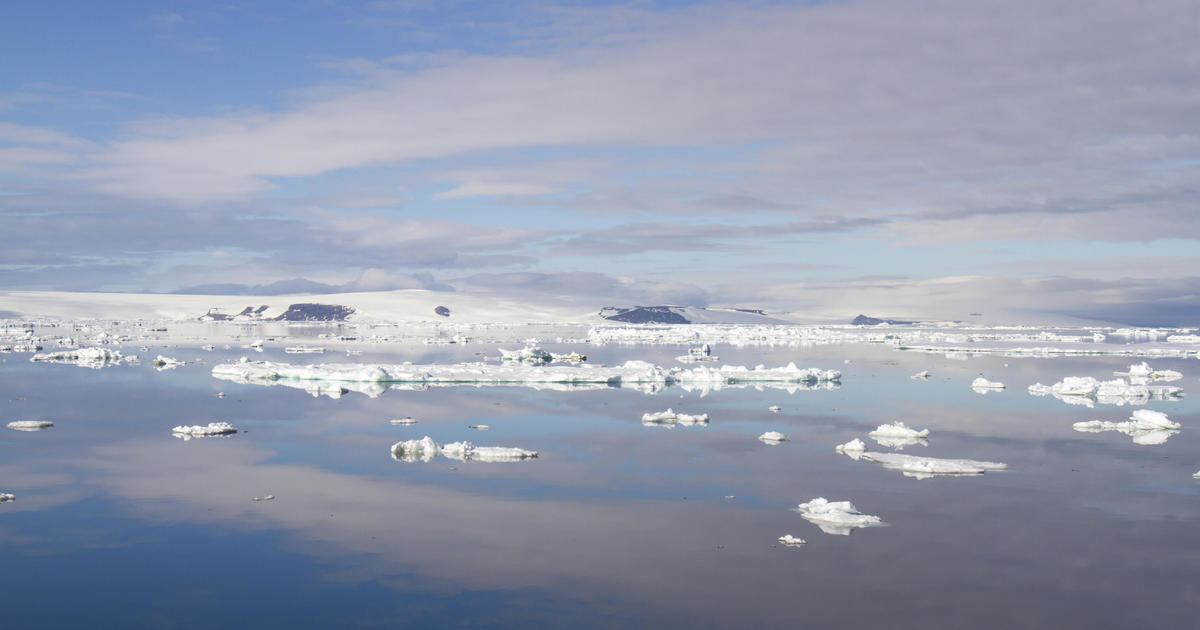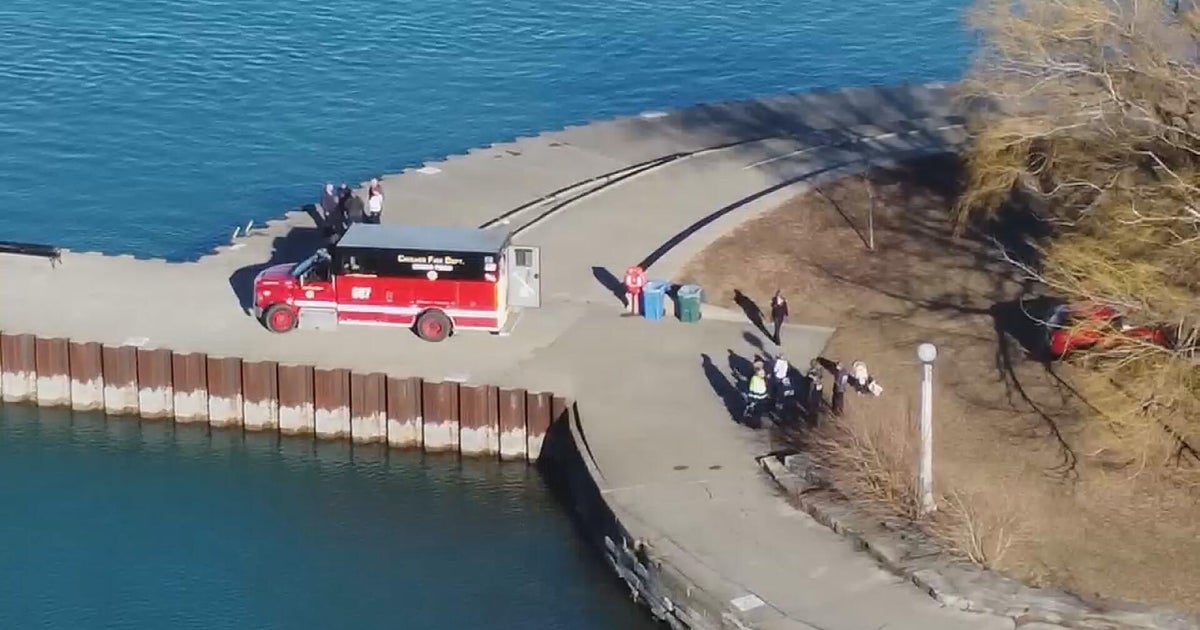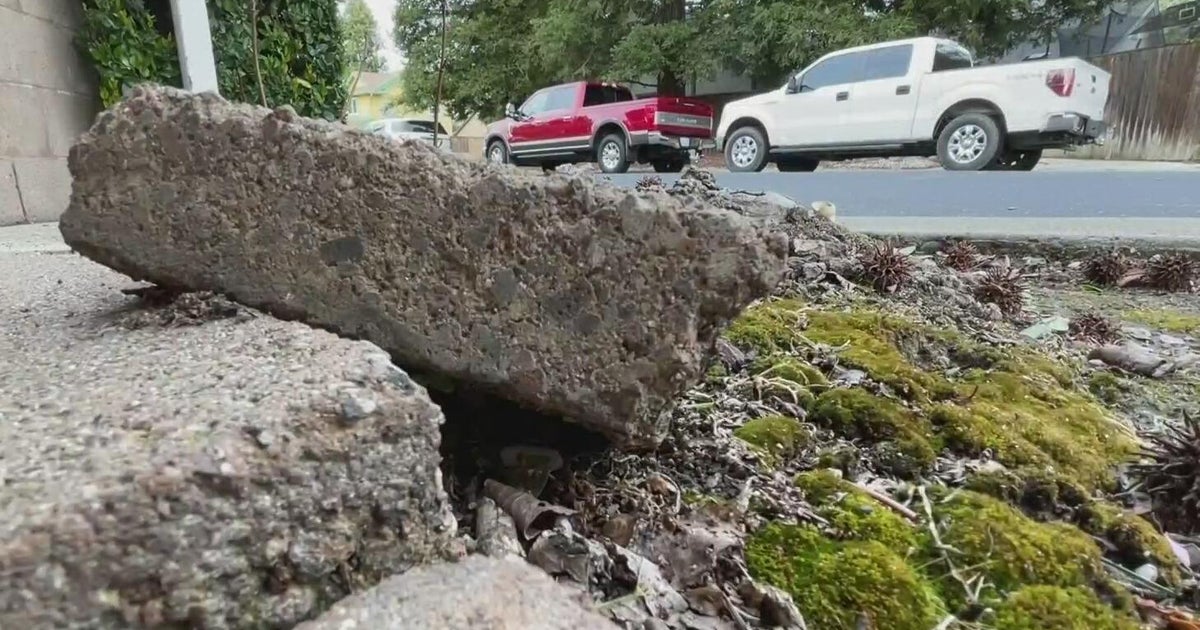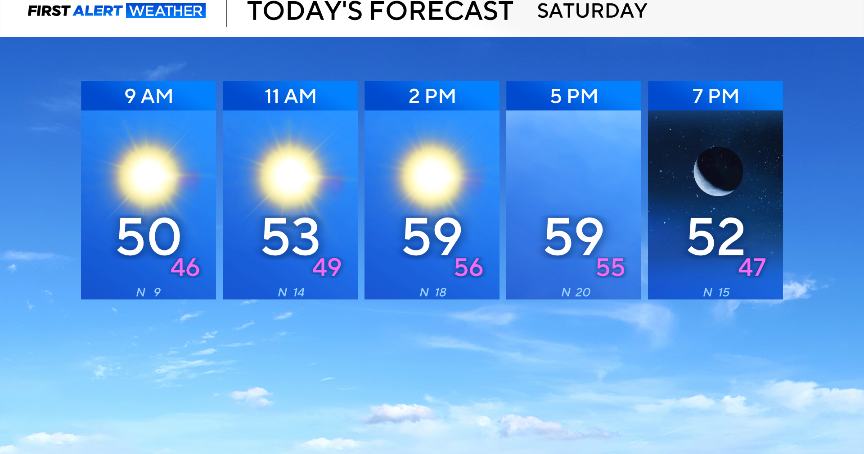Michigan could become a climate safe haven
(CBS DETROIT) - As the effects of climate change become harder to ignore, there's not a place on the planet that won't feel an impact.
"These heat waves that are becoming more and more common," said Dr. Jonathan Overpeck, a climate scientist at the University of Michigan. "The rivers are flowing about 20% less now. During a wildfire, the smoke is amazing how bad it gets.
"If you're in the East, you have the heat problem. Along the coast, you have a really seriously growing sea level rise problem. As things get warmer, this tornado season can go further, and be longer and further north."
But some places are in a better position to withstand what's coming.
"The story is pretty good for Michigan, relative to the rest of the country," Overpeck said.
Metro Detroit real estate agent Paul Wolfert calls himself Michigan's biggest cheerleader.
Wolfert's popular YouTube channel brings clients his way who are looking to make a big move to the Mitten State.
"Arizona, Texas, California, are some of the top three states that I have people moving from," he said. "When you hear my water might be turned off or we might have a water supply shortage, you start looking at a map."
And on that map, the Great Lakes region is looking more and more attractive.
Ari Biswas and his family were living the dream in Arizona.
"My wife's originally from Phoenix. We met there. I tried to convince her to move to Michigan because I was living here at that time, but just too cold for her," Biswas said.
Biswas started to realize, as the summers got hotter, and the headlines got scarier, that dream life in Arizona might be short-lived.
"We had, I don't know, probably 100-plus days of 100-plus degree temperatures, and probably 30, 40-day stretches where it never got below 100 degrees," he said. "The city of Rio Verde, which is a small city up in the north of Phoenix, ran out of water. Scottsdale said they would stop supplying them. This is scary because, who knows, maybe five years, 10 years down the road, it could be us."
Seeing the writing on the wall, Biswas finally convinced his wife, Jessica, that it was time to head north to where some of his family lives.
"It was getting too hot, even for her," he said. "Also, from an economics perspective, I didn't want to end up in a house that's in the middle of somewhere where there's no water."
Dr. Jonathan Overpeck is a world-renowned climate scientist. He, too, decided to pick up his life and move to Michigan.
"If you go out West, where I spent a lot of my life, the big story out there is you're getting the heat waves contributing to drought, and also a wildfire crisis," Overpeck said. "Some people like myself, decided, let's get out of here before the crisis really gets worse."
While Michigan is not immune to the problems created by increasingly hotter temperatures, strategic moves are already being made to maximize its advantages.
"When the water problems started to develop out West, you know, 15-20 years ago, the Great Lakes took notice and the provinces and states in the Great Lakes created a compact that we all agreed all the states and provinces in the Great Lakes," Overpeck said. "We won't allow water to go outside of the Great Lakes unless it's in little bottles, plastic bottles."
Michigan's location isn't its only advantage. The region stands to benefit economically as the auto industry moves ahead toward an electrified future.
"That's why you see Ford and Chrysler and GM all leaning in hard on electrified mobility. That's the future, not because it's just because it's saving the climate. It's also cheaper," Overpeck said.
More moves will need to be made for Michigan to become a true safe haven.
"If we want to thrive in the 21st century, it has to have the infrastructure to deal with a climate that will be different, the harder rain and the, you know, the problems with the nutrients flushing into the lakes and stuff. We have to solve those problems," Overpeck said. "Hopefully, more and more Michiganders will continue to push their elected officials to keep up the pressure to keep our state great. You know, we're in the Great Lakes. Let's keep the Great Lakes great."
As some parts of the world become less tolerable, researchers expect more climate migration or "climigration."
So far, Wolfert's "climigrant" clients are glad to be ahead of the curve.
"Overwhelmingly, they've been happy with their decision to move here from other states," he said.
As the Biswas continue to settle into their Novi home, they're not looking back.
"I was slightly worried that my wife would be like, we're going to go back and move to Arizona. And actually, that's one reason we hadn't sold the house in Arizona. It was on the market, but to her credit, she loves it," Biswas said. "People here [are], very, very friendly. Schools are good. Kids are making lots of friends."







